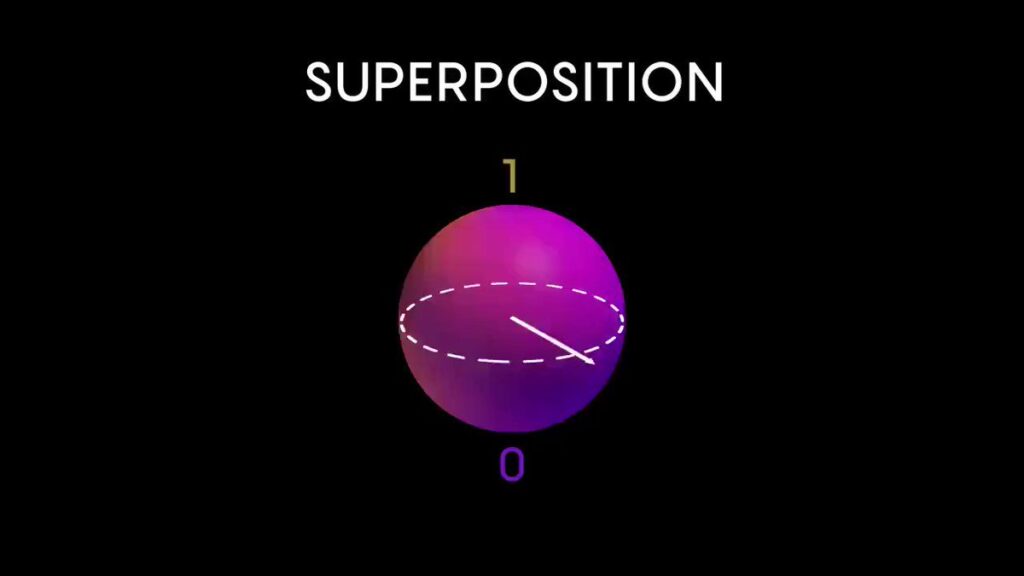Introduction:
Superposition is a fundamental concept in quantum computing that allows a quantum bit (qubit) to exist in multiple states simultaneously. This concept, along with another quantum phenomenon called entanglement, is what gives quantum computers their exponential power and makes them suitable for solving complex problems that are beyond the reach of classical computers.
What is Superposition?
In classical computing, a bit can only exist in one of two states – either 0 or 1. However, in quantum computing, a qubit can exist in multiple states simultaneously. This is due to the fact that a qubit can be in a superposition of both 0 and 1 at the same time, which means that it can perform multiple calculations simultaneously.
Applications of Superposition:
Superposition has the potential to revolutionize a variety of industries, from drug discovery to finance. For example, it could be used to simulate complex chemical reactions and design new drugs, or to optimize financial portfolios and predict stock prices with greater accuracy.
Challenges of Superposition:
Despite its immense potential, superposition also presents some significant challenges. One of the biggest challenges is maintaining the fragile quantum state of a qubit, which is easily disrupted by external factors such as temperature and electromagnetic radiation. Another challenge is the difficulty of measuring the quantum state of a qubit, which requires specialized equipment and techniques.
Conclusion
Superposition is a fascinating concept in quantum computing that has the potential to transform many aspects of our lives. As research in this field continues to advance, we can expect to see more and more practical applications of superposition and other quantum phenomena.
